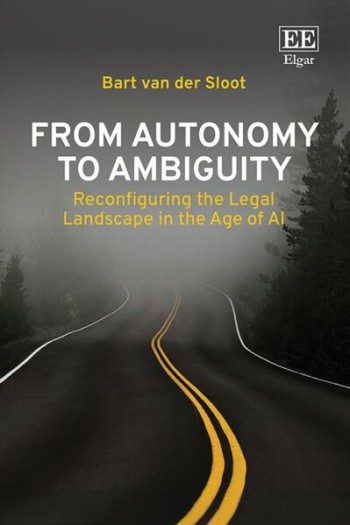
In this timely book, Bart van der Sloot explores how modern technologies such as artificial intelligence and data profiling are reshaping what it means to be human. Drawing on interdisciplinary insights, he examines how digital life intensifies long-standing tensions within the human condition.
Van der Sloot argues that existing legal frameworks, especially within privacy and data protection, are grounded in outdated assumptions about human rationality and control. Proposing innovative ways of thinking about identity, vulnerability, and regulation, he considers the complex and ambiguous reality of being human in a digital age. Chapters investigate how shame, memory, narrative, and performance shape identity formation, and explore concepts such as ‘data minimumization’, the right to fiction, and dual-track governance models. The author considers how both our fascination with technology and our desire to escape our limitations are deeply human traits, engaging with ancient and modern thought to question our increasingly intimate relationship with technology.
This book is an essential resource for students and scholars of digital humanities, human rights, information and media law, internet and technology law, and philosophy. It is also an enlightening read for legal professionals and policymakers involved in data protection, digital security, and privacy.